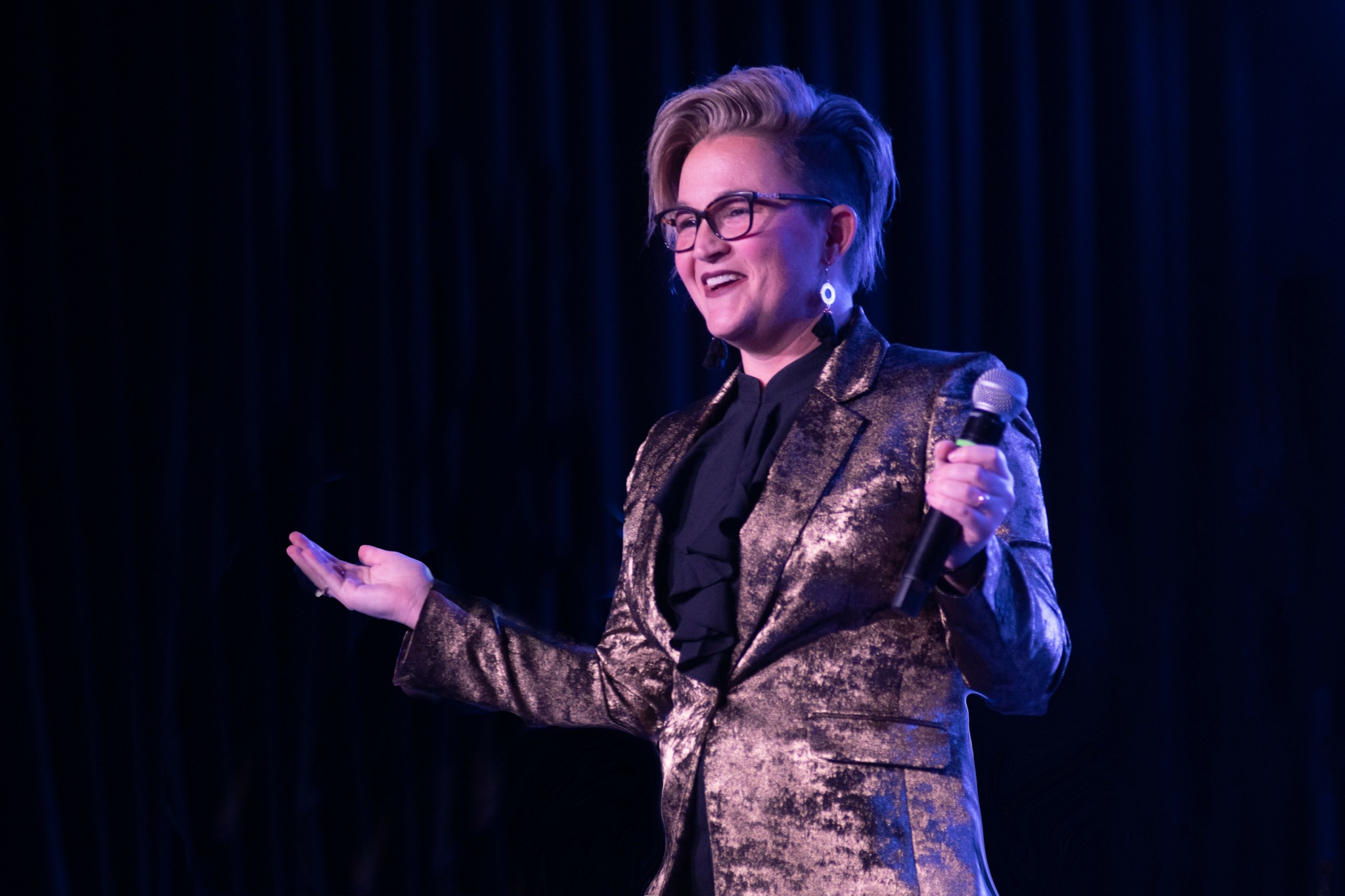We caught up with the brilliant and insightful Jessica Daylover a few weeks ago and have shared our conversation below.
Jessica, looking forward to hearing all of your stories today. Has your work ever been misunderstood or mischaracterized?
I know I’m supposed to pick a single example, but I’m going to zoom out and speak broadly to my experience as a content creator.
As an autistic Cancer Moon/Cancer Rising girlie with trauma, my greatest dream is to be loved by everyone on the internet at all times. Is that really too much to ask?
The answer, tragically, is yes.
Social media thrives on bite-sized content and binary thinking. Add in algorithms that prioritize drama and speed over nuance, and you get a culture where mischaracterization isn’t a possibility—it’s a certainty.
One of my autistic trauma responses is over-explaining myself, so the internet’s preference for hot takes and short-form media with character limits is… not ideal. I’ll often include crucial context in a caption, only to watch everyone sprint to the comments section for a skirmish. My husband jokes that my tombstone will say: “Read the caption.”
I’ve accepted that I’m a divisive internet personality—you either love me or you deeply don’t. I’m not everyone’s cup of tea, and I’ve stopped trying to be. I show up online unapologetically myself, which is liberating, but also threatening—to systems, to people, to the shadowy parts of ourselves we haven’t made peace with. When you’re a character inside someone’s phone, you become a projection screen, not a person.
People don’t always realize what it’s like to work in a space where everyone thinks they’re your boss. Imagine a 24/7 workplace where millions of people can drop by your desk to tell you what you’re doing wrong—often while misunderstanding the entire point of your work. The parasocial web is spun from the thread of capitalism: people feel entitled to access, to explanations, to emotional labor. You’re not allowed to have boundaries or be messy, even though you’re literally just a human being trying their best on the internet.
With my coaches/therapist, I’ve been working on a few core lessons:
I will never be universally loved online.
I will always be messy and make mistakes.
I have to stop getting on other people’s roller coasters.
That last one’s big. A lot of us with trauma grew up having to emotionally ride along with dysregulated adults. As content creators, we get hundreds—sometimes thousands—of daily invitations to hop on someone else’s unregulated ride. The healing is in learning to say: “No thank you. That’s not my ride. I’m gonna go eat a funnel cake on the grass instead.”
At the end of the day, all I can do is show up in good faith, and build relationships with people who are able to call me in during times I need to be held accountable, and times where I’m simply being misunderstood and mischaracterized. And I try to surround myself with folks who understand that perfectionism has no place in a healed world, practice curiosity over criticism, and who believe that repair and restorative justice are always more powerful than projection.
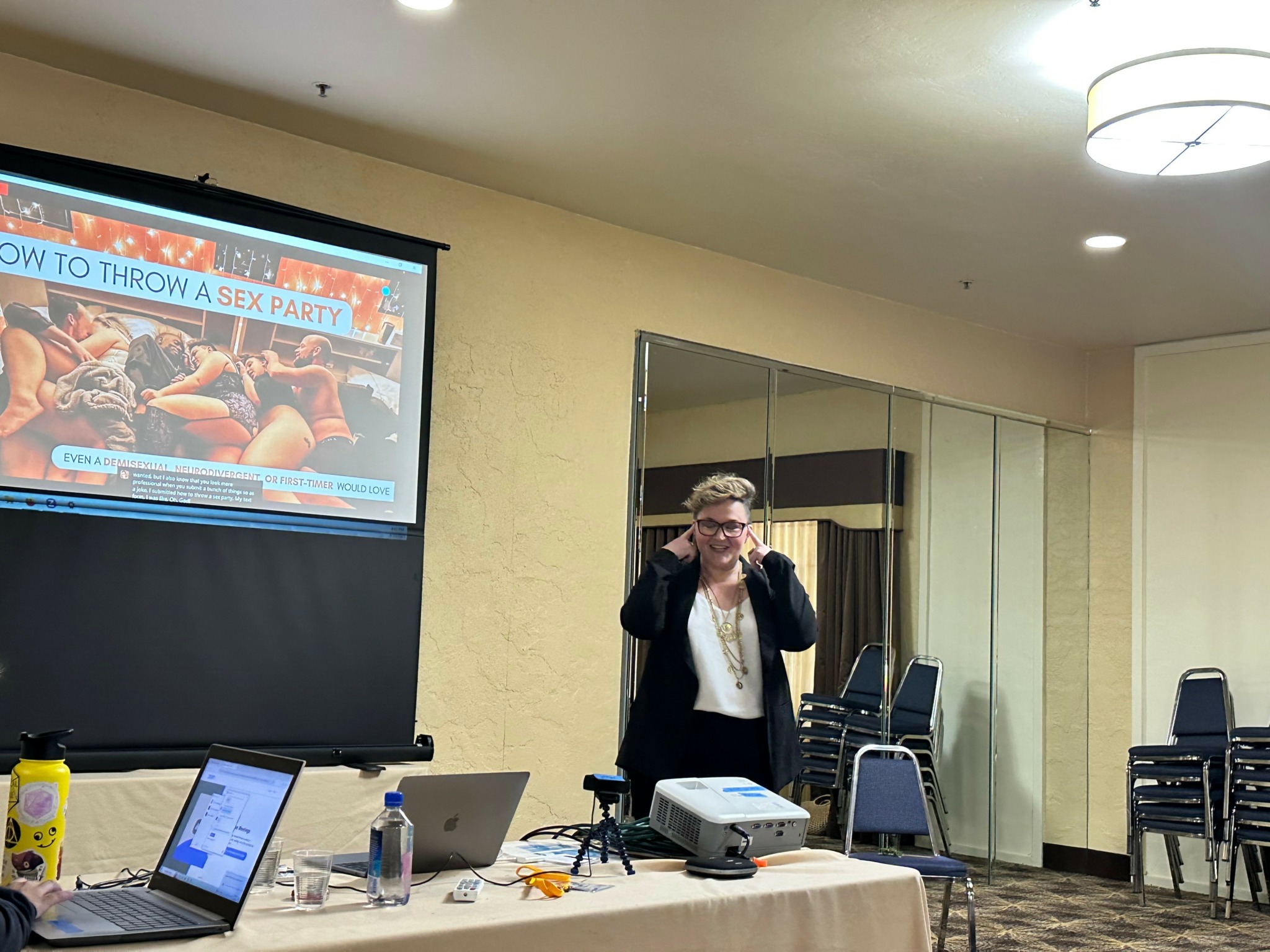
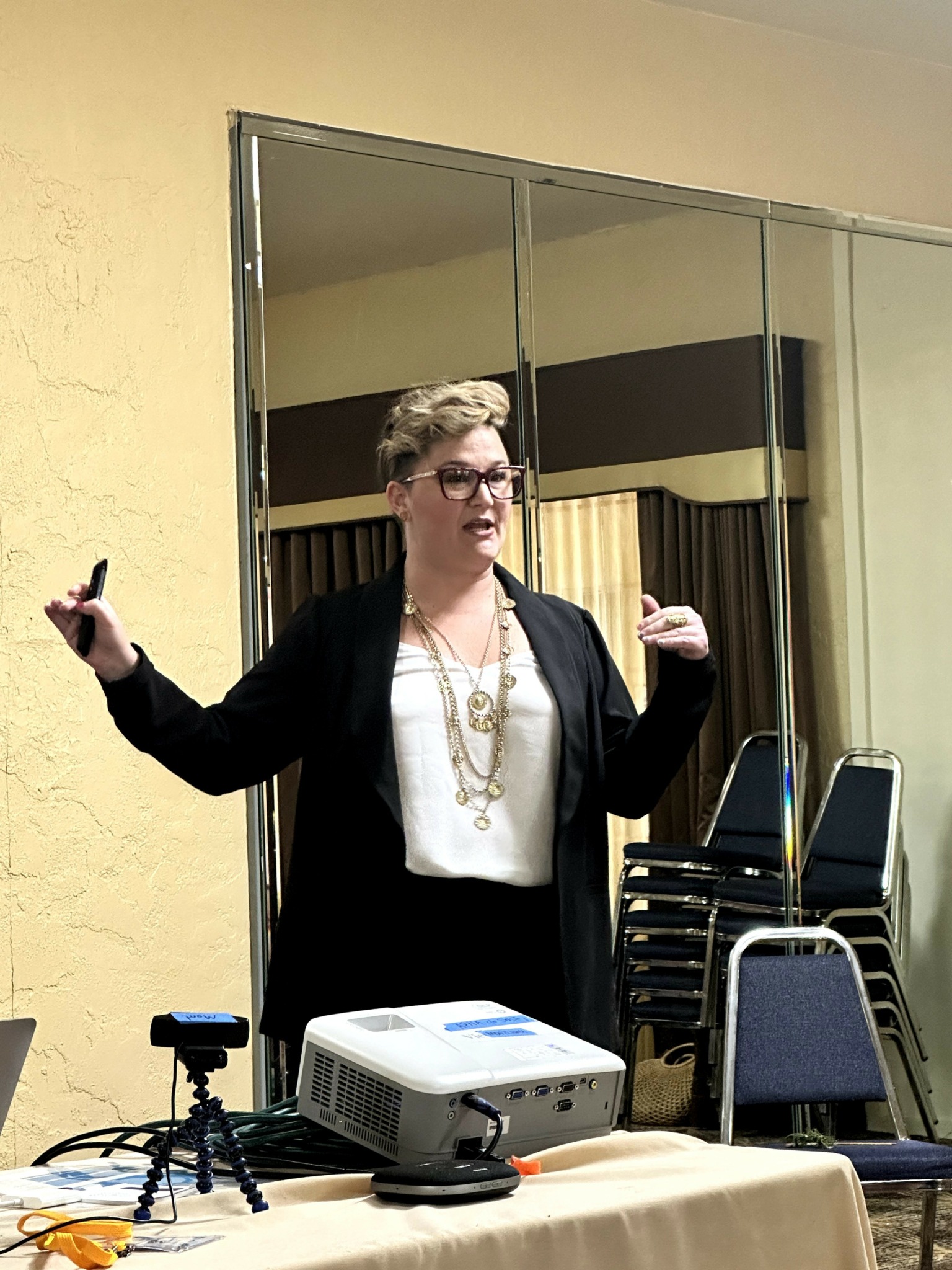
Jessica, love having you share your insights with us. Before we ask you more questions, maybe you can take a moment to introduce yourself to our readers who might have missed our earlier conversations?
I’m an educator, producer, entertainer, mystic, and a queer, polyamorous mother of two young kids. I hold a degree in Philosophy and Sociology from the University of Wisconsin–Madison, with a Certificate in LGBT Studies.
I’ve been an entrepreneur for over 20 years, but I’m best known for my online platform, Remodeled Love, where I use humor, vulnerability, and multimedia storytelling to expand the cultural narrative on love, family, and parenthood. With over 190,000 followers across platforms, my work lives in many forms—comedy sketches, podcasts, memes, blogs, long-form videos, workshops (live and pre-recorded), and essays. If it can hold a story, I’m probably experimenting with it.
What sets me apart in the content world is the depth and breadth of my background. I taught myself video editing at 17 and picked up audio soon after. By 24, I was working in live radio as an on-air personality, learning production and marketing on the fly. I’ve loved performing since I was a kid, so when it comes to content creation, I’m a true utility player: I can write it, star in it, shoot it, edit it, promote it, and build a community around it. (Cancer Moon/Cancer Rising—what else would you expect?) People often say they can feel my spirit in my work. That means everything to me.
In 2023, I used my platform to crowdfund over $17,000 and launch Nuclear Fusion, a social app designed to help people find, build, and sustain their modern village and chosen family. The Nuclear Fusion Network now has over 1,000 members and we are showing the world you can do business differently. We are a purpose-over-profit LLC with a non-hierarchical business model. Folks told us we will never be successful this way, but our team of 18 volunteers is having a blast and truly creating the world we want to live in.
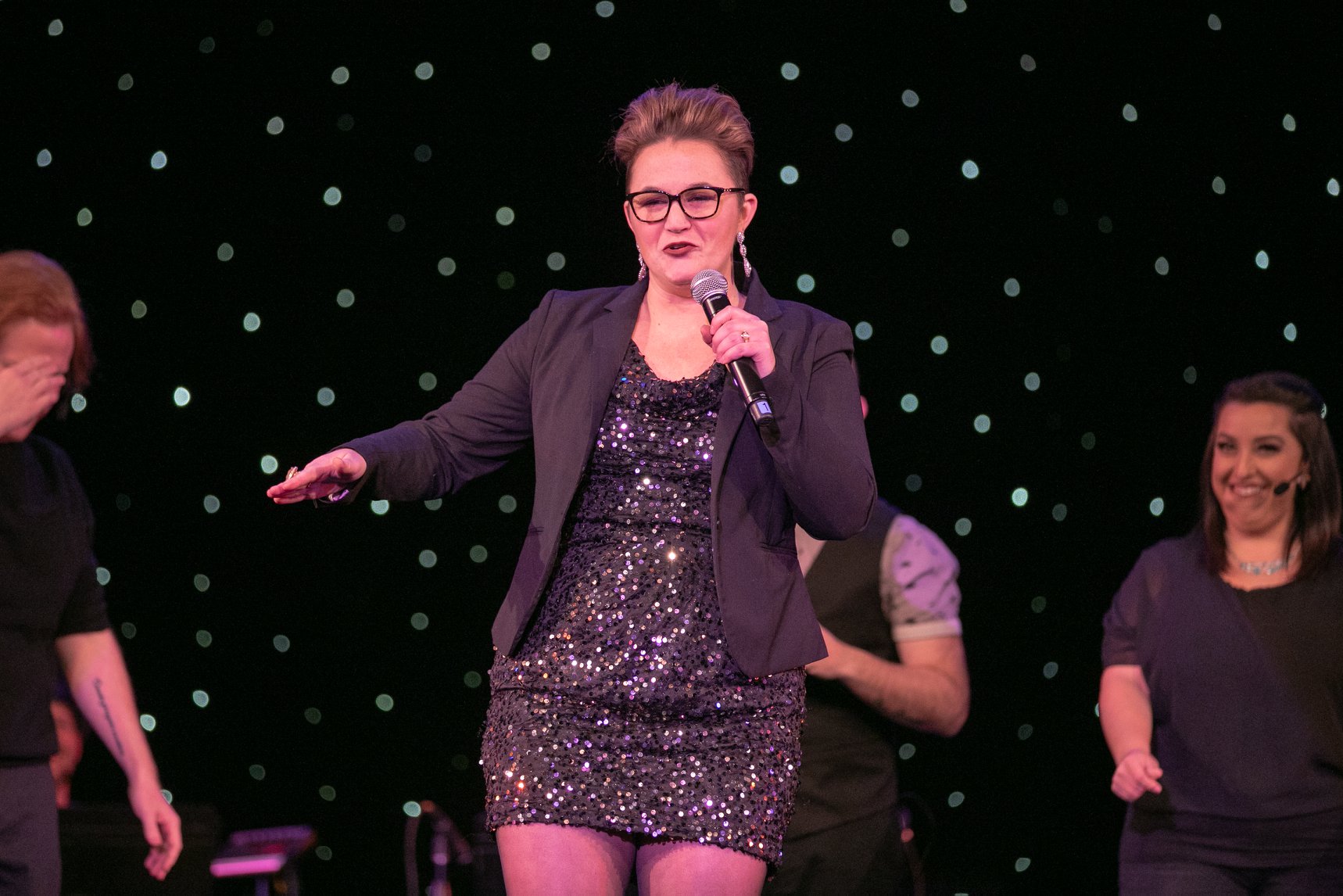
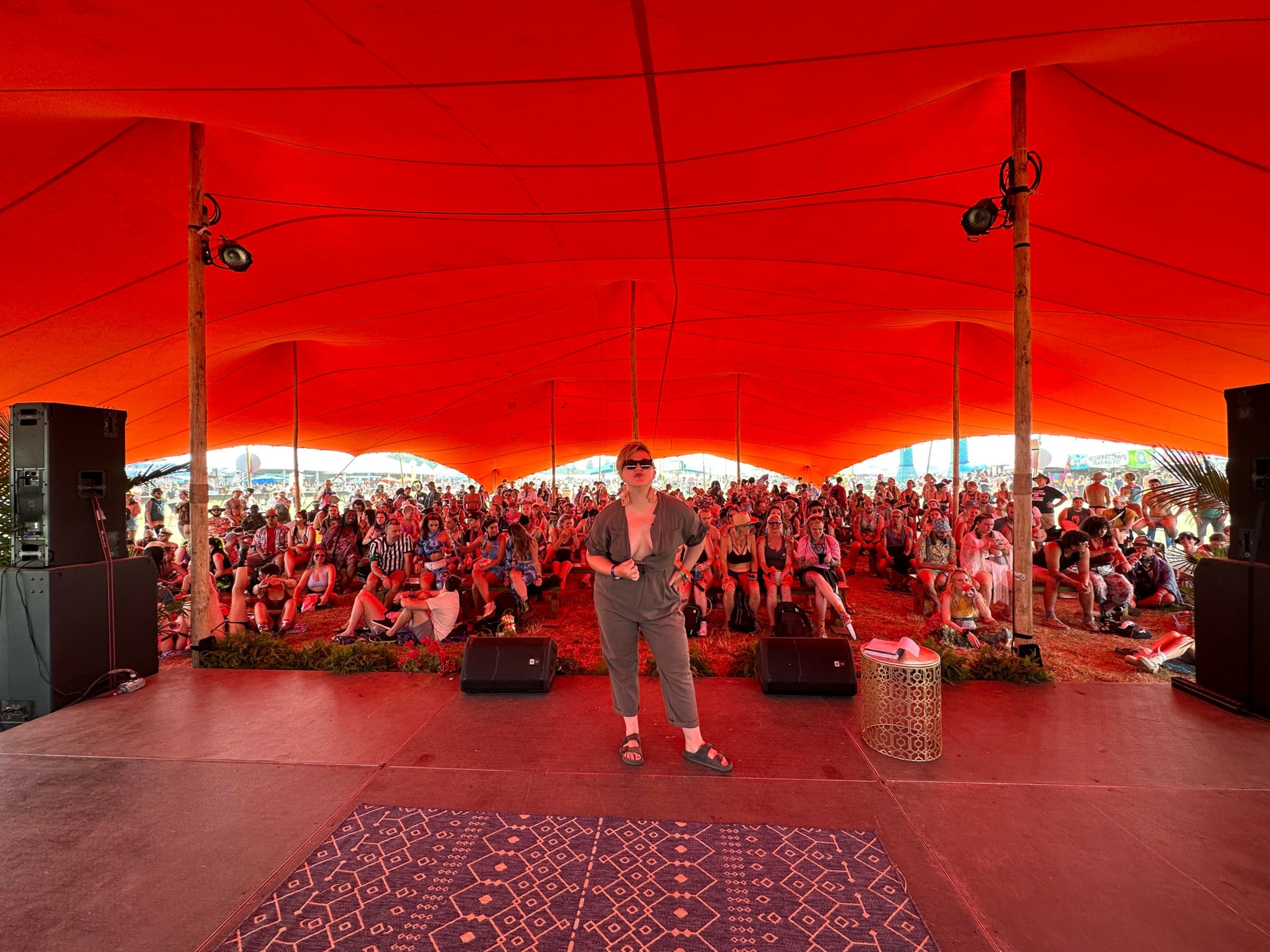
Are there any books, videos or other content that you feel have meaningfully impacted your thinking?
Two resources that have profoundly shaped my approach to leadership and entrepreneurship are Reinventing Organizations by Frederic Laloux and Nonviolent Communication by Marshall Rosenberg.
Reinventing Organizations gave me a framework and language for the kind of company I had always dreamed of building—but wasn’t sure was possible. The idea that an organization could function as a living system with a soul of its own, guided by self-management, wholeness, and evolutionary purpose—it was like someone had cracked open my ribcage and put words to everything I’d been feeling. It completely transformed how I think about hierarchy, roles, and what it means to “lead.” It gave me permission to trust that a different way of doing business is possible, and that profit doesn’t have to come at the cost of integrity, joy, or humanity.
Alongside that, Nonviolent Communication has been essential in helping me learn how to hold space for complexity in relationships—especially in a purpose-driven, non-hierarchical team like ours. NVC taught me that conflict isn’t something to avoid or fear; it’s an invitation into deeper connection, clarity, and accountability. As someone who is both deeply sensitive and fiercely principled, NVC gave me tools to stay in my body and in my values, even when conversations are hard. I believe organizations rise and fall based on the quality of their emotional intelligence, as well as their communication, and this work continues to help me build teams that are emotionally intelligent, resilient, and relationally brave.
These two philosophies—Reinventing Organizations and Nonviolent Communication—aren’t just books on my shelf; they’re blueprints for how I’m building a life and business rooted in integrity, imagination, and care.
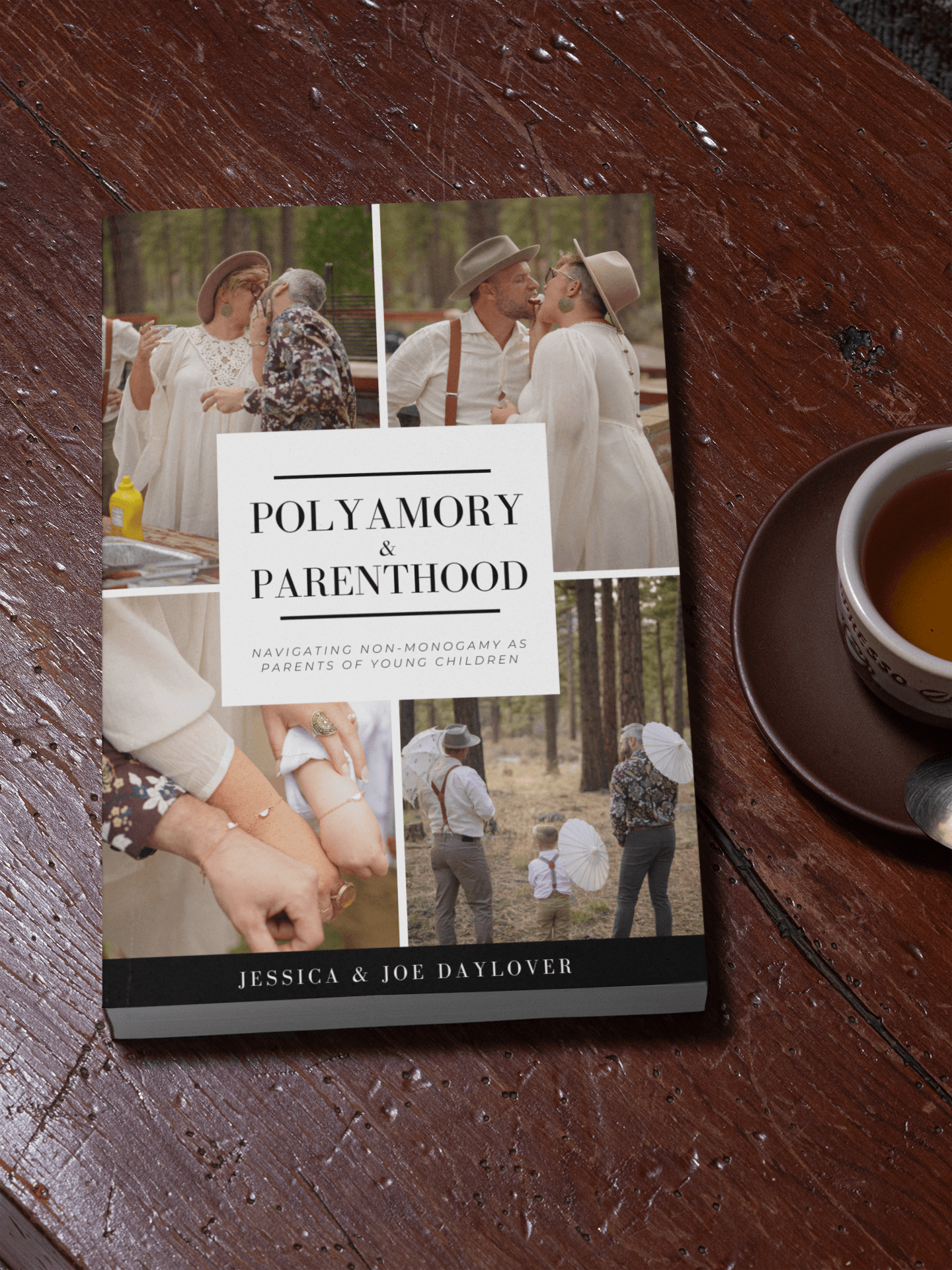

We’d love to hear a story of resilience from your journey.
One of the most defining stories of my resilience happened at 33 (I’m now 39). In my early 20s I co-founded an organization with a group of brilliant, passionate, queer artists who became like family. Over eight years, we built something beautiful together—rising to local notoriety, spending thousands of hours rehearsing, performing, and dreaming big. But like many chosen families formed without the tools for healthy communication, we were also steeped in dysfunction.
At that time, I had a lot of unexamined, unconscious behaviors—dysfunctional at best, toxic and emotionally abusive at worst. I was addicted to chaos, disconnected from my body, and operating from a place of survival and unintegrated trauma. The group dynamic became a projection playground for all of our inner children, inner critics, and inner saboteurs. It was messy.
Then came the moment: what I thought was a contract negotiation turned out to be more of a “coup” lead by my best friend—the group was moving forward without me. (I say “coup” in air quotes because, yes, it makes for juicy storytelling and yes, we were a bunch of drama queens—but I also reject the implied victimhood. I had real responsibility in the dysfunction, and the culture of any organization ultimately reflects its leadership.)
What followed was a brutal ego death. I saw all my worst qualities come to the surface—controlling tendencies, tone issues, blame-shifting, using critique as both sword and shield. We brought in a mediator and began doing the hard work of healing: learning to take responsibility for our needs, communicate them with clarity, set boundaries, and give and receive feedback in ways that actually land.
My growth wasn’t instant. I spent the next two years in deep pain, often tempted to park permanently in the drama triangle. But with the support of coaching, community, and even intentional psychedelic work, I slowly began integrating the shadow I’d spent years avoiding.
And here’s the beautiful part: those friends and I repaired. We’ve worked on new projects together since. In fact, five of us—including the best friend who orchestrated that “coup”—just launched a delightfully gay Dungeons & Dragons podcast. And that same friend is also now the COO of the Nuclear Fusion Network, where we co-teach emotional intelligence on a global scale and run a non-hierarchical organization together.
Resilience, to me, isn’t just about surviving the hard thing—it’s about transforming through it, mulching the pain, and letting it shape you into someone who can love, lead, and live with more depth than before.
Contact Info:
- Website: www.remodeledlove.com & www.nuclearfusionnetwork.com
- Instagram: @RemodeledLove & @NuclearFusionApp
- Facebook: https://www.facebook.com/RemodeledLove & https://www.facebook.com/nuclearfusionapp
- Linkedin: https://www.linkedin.com/in/jessicadaylover/
- Twitter: @RemodeledLove & @NuclearFusionApp
- Youtube: https://www.youtube.com/@RemodeledLove & https://www.youtube.com/@NuclearFusionApp
- Other: Podcasts: Remodeled Love, Fusion Radio — available wherever you get your podcasts

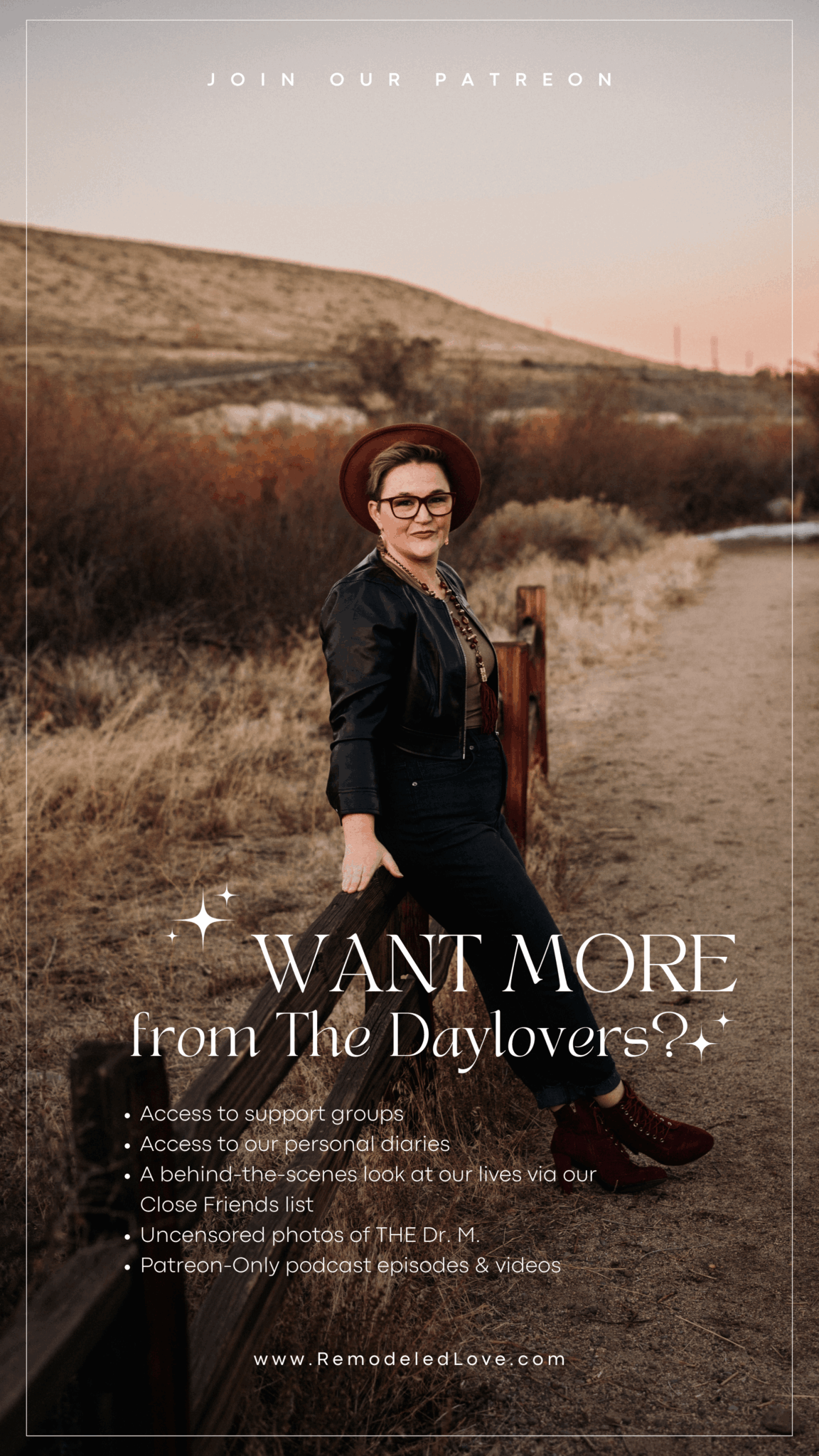
Image Credits
Jonathan Kreidler, Ashley Robison


